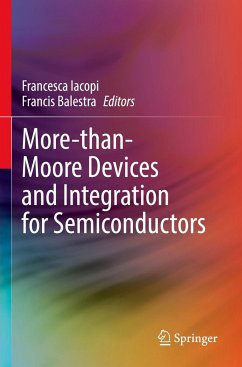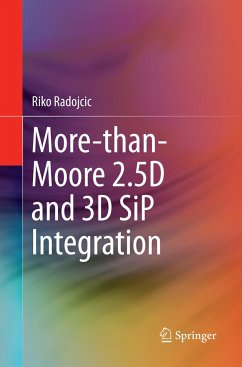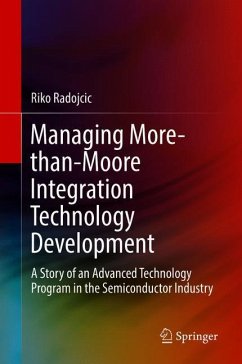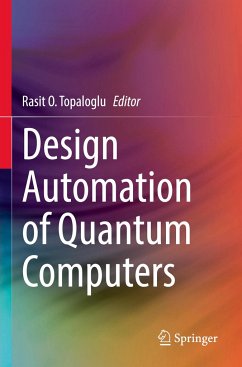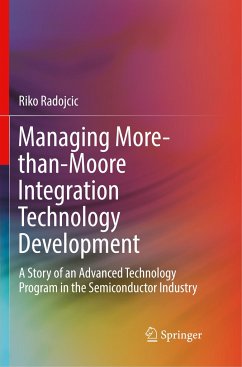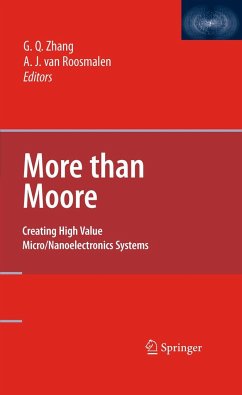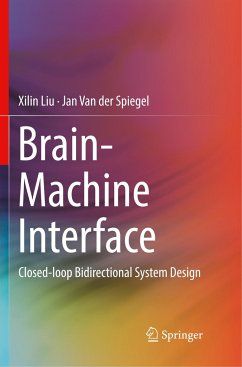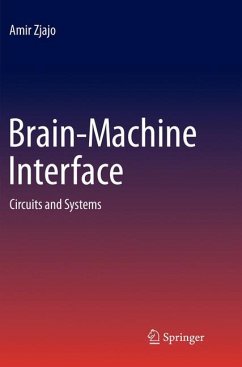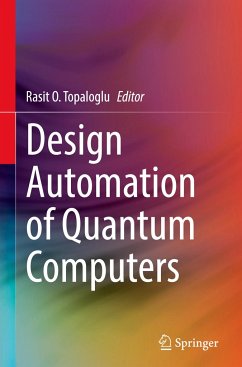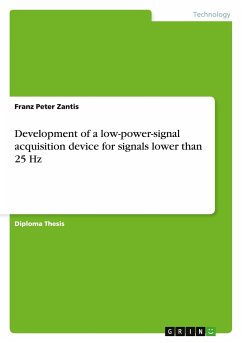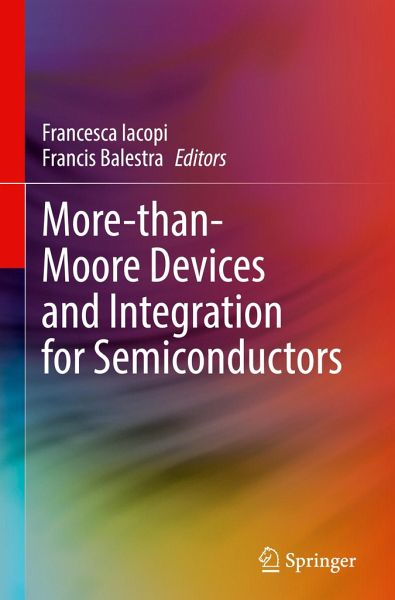
More-than-Moore Devices and Integration for Semiconductors

PAYBACK Punkte
34 °P sammeln!
This book provides readers with a comprehensive, state-of-the-art reference for miniaturized More-than-Moore systems with a broad range of functionalities that can be added to 3D microsystems, including flexible electronics, metasurfaces and power sources. The book also includes examples of applications for brain-computer interfaces and event-driven imaging systems.Provides a comprehensive, state-of-the-art reference for miniaturized More-than-Moore systems;Covers functionalities to add to 3D microsystems, including flexible electronics, metasurfaces and power sources;Includes current applicat...
This book provides readers with a comprehensive, state-of-the-art reference for miniaturized More-than-Moore systems with a broad range of functionalities that can be added to 3D microsystems, including flexible electronics, metasurfaces and power sources. The book also includes examples of applications for brain-computer interfaces and event-driven imaging systems.
Provides a comprehensive, state-of-the-art reference for miniaturized More-than-Moore systems;Covers functionalities to add to 3D microsystems, including flexible electronics, metasurfaces and power sources;Includes current applications, such as brain-computer interfaces, event - driven imaging and edge computing.
Provides a comprehensive, state-of-the-art reference for miniaturized More-than-Moore systems;Covers functionalities to add to 3D microsystems, including flexible electronics, metasurfaces and power sources;Includes current applications, such as brain-computer interfaces, event - driven imaging and edge computing.





